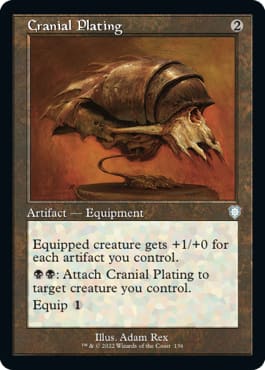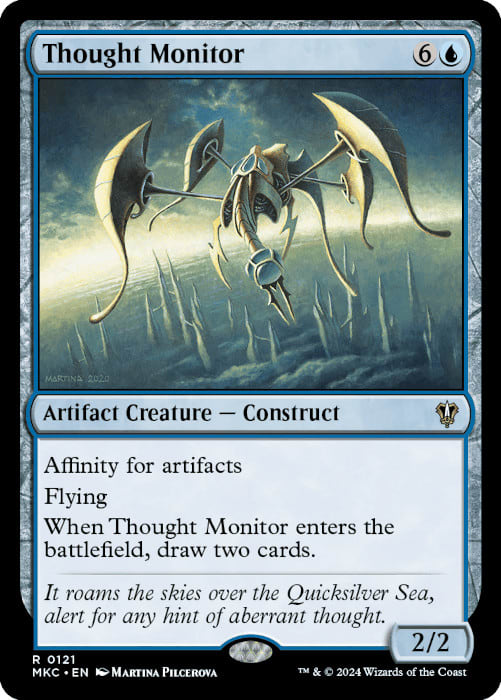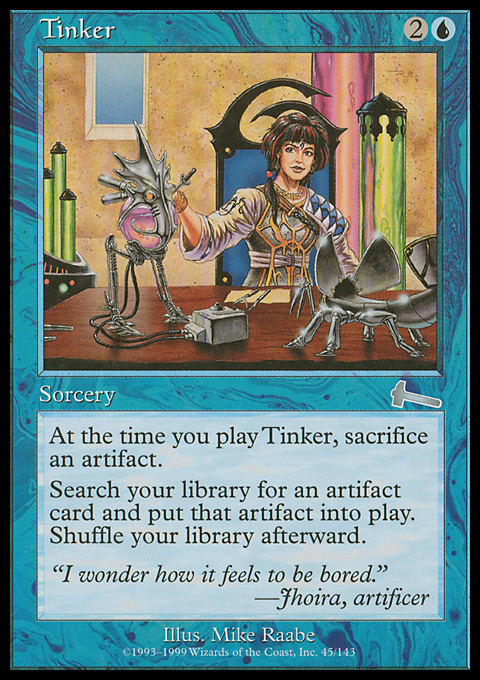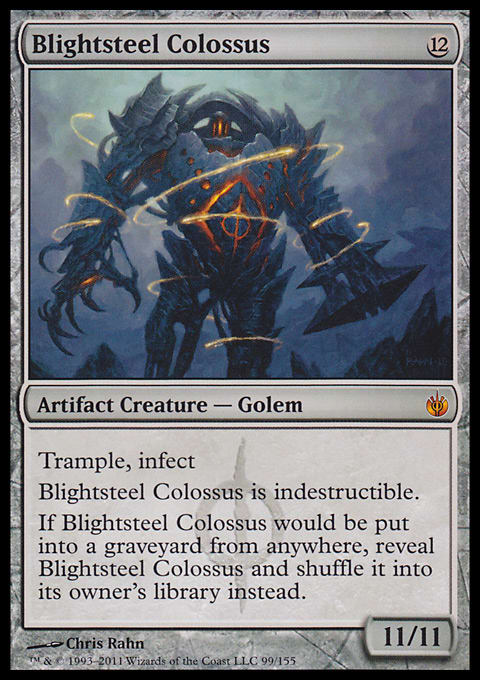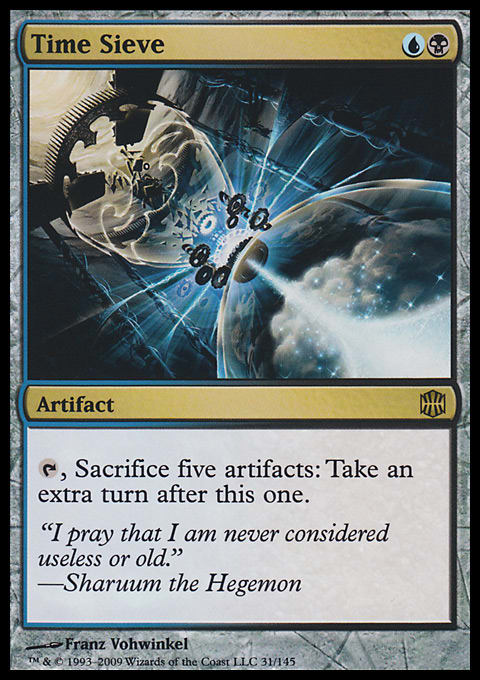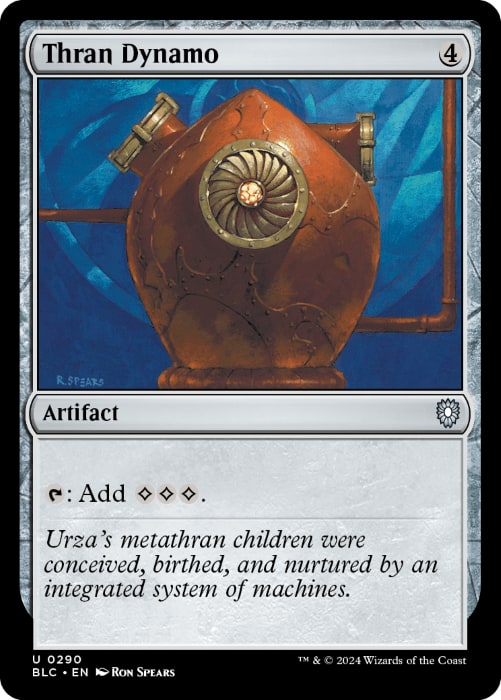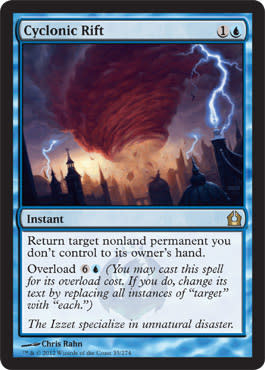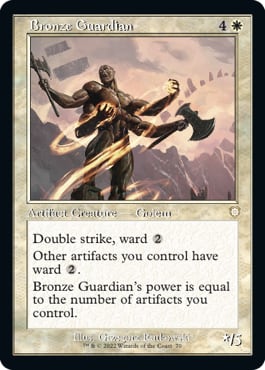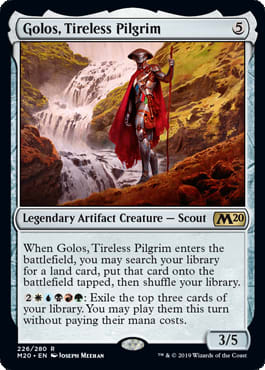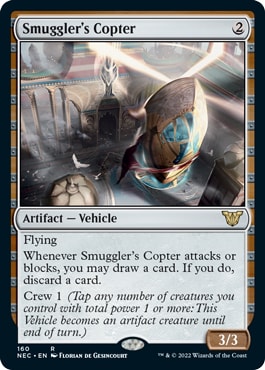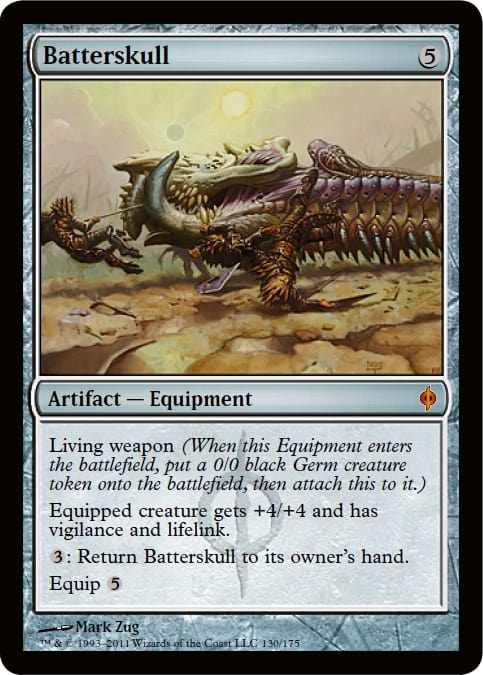Artifacts in Cube Overview

Hello and welcome back to another edition of "Cube Stuff Inc." Today we are discussing one of the most universal, powerful, synergistic, and budget friendly archetypes your cube can support. Whether you are abusing the Power 9 in your Vintage Cube or utilizing Affinity in your Pauper Cube, there is often a home for an artifact themed deck in any cube. Rather than an in-depth overview of the archetype, instead I will lay out a sampling of variations so you can decide which one is right for your cube!
Affinity, Metalcraft, "BattleBots"
If you played Modern prior to the banning of Mox Opal you are likely familiar with the power of an Artifact typal deck. From the initial printing of Mishra's Workshop in 1994 all the way to Urza's Saga in 2021, Wizards of the Coast has continued to reward players for filling their deck with Artifacts.
One of the most inexpensive and easy to grasp versions of the Artifact archetype is one that simply rewards your players for including as many Artifacts in their deck as possible. If you are new to designing cubes or draft with newer players consider filling your cube with artifact cards that reward you for committing to the board like Myr Enforcer or Steel Overseer. Though primarily supported by the Esper colors, this Archetype can function well in nearly any color combination with some thoughtfulness.
Lastly, I will note that this archetype can grow with your budget. Digsite Engineer will do an excellent job of winning games until you can afford that Simulacrum Synthesizer.
Tinker Combo
If you want to design a draft environment that lets players do the most powerful things in Magic: the Gathering, consider supporting the Tinker combo. This combo allows a player to sacrifice one artifact to find and put another one directly into play. Due to the abundance of artifact and sorcery tutors printed in blue, this two cards combo is easy to assemble consistently and its power level can be tweaked based on the payoff cards you include in your cube. Blightsteel Colossus is the gold standard and capable of winning the game on its own, but it can be swapped out for cards like Threefold Thunderhulk for cubes that want to support a little more interaction. This archetype shares a lot of pieces with other archetypes like Sneak Attack & Show and Tell, so it's easy to include if you are already running those archetypes. My piece of advice, if you like combo decks but want them to be a little less powerful, consider picking up a copy of Arcum Dagsson that performs a similar role but with bigger hoops to jump through.
Manufactor Midrange
Our next variation of the Artifact archetype is a newer and more open ended concept. Within the past five years Wizards of the Coast has continued to print more cards that create and care about incidental artifact tokens such as Food, Blood, Clues, Treasures, Maps, & Gold. While several of these cards simply function as a way to gently power creep older cards, by providing extra value we have finally hit a critical mass where these tokens can be utilized in their own right. Karn, Scion of Urza gave us our first taste of the aptly named "Karnstructs" that will simply win the game on their own when you manage to generate a field of artifact tokens.
However the beauty in this archetype is its flexibility and ability to cross pollinate with other Archetypes you might wish to run. If you support +1/+1 counters in your cube, include Map Token generators, the same is true for Lifegain & Food Tokens, or Treasure Tokens in a Sacrifice deck. This archetype is less clearly defined and as such requires less from you to make it work. Simply look to include cards like Deadly Dispute over Night's Whisper and watch as your players turn incidental value into the backbreaking card interactions.
Artifact Control
Last but certainly not least we have the classic home for Artifacts, Control. As discussed in its primary article, one of the most popular strategies for Control is to simply draw your card, play your land and pass the turn. Artifacts, and more specifically mana rocks like, Mind Stone allow you to pull ahead on card advantage and mana. A good place to start with this archetype is the Signet cycle with cards like Dimir Signet that allow your Control players to advance their mana and get to their powerful late game cards sooner.
Allow me to wrap this up by mentioning the Talisman Cycle. If three-plus color good stuff control decks are too powerful in your cube but you enjoy the mana fixing provided by the Signets, consider swapping them out for cards like Talisman of Dominance. The loss of life can be just enough to give Aggro players the edge they need to stay in the game, and the ability to tap for colorless mana can be very useful if you support Eldrazi cards that care about colorless mana.
Wrapping Up
Artifacts are not only one of the most flexible archetypes, they are also the glue that can help make a bad deck playable. In my cubes, I treat colorless as the sixth color and aim to have the same number of colorless artifact cards as each of the five core colors. Not only can these cards be multi archetype all-stars like Myr Battlesphere but they can also be powerful filler like Wurmcoil Engine that most decks would be happy to include if they got cut off from a color and were scrambling for playables at the end of a draft.
Below is a list of Artifact cards that I think are worth checking out. As always, I can be reached on Instagram with comments and questions. Until next time, Happy Drafting!
Adam's Artifacts














